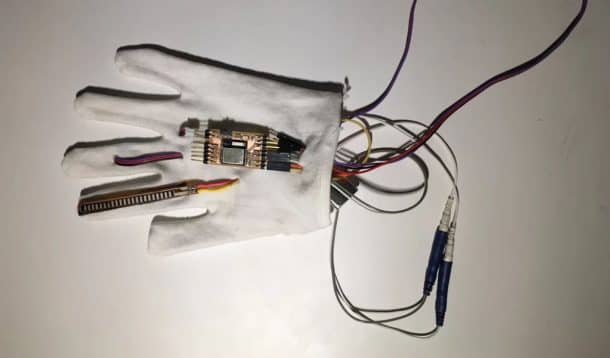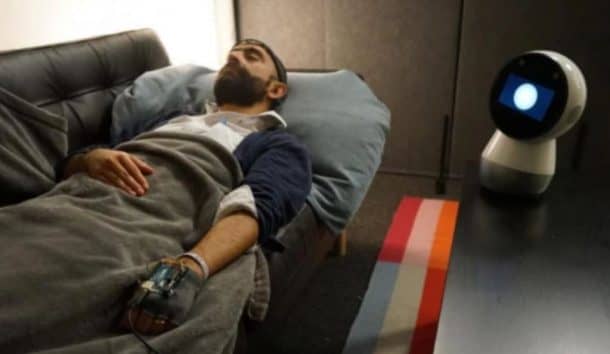Before falling asleep, we pass through a semi-lucid state called hypnagogia. It is a surreal state in which a person can lose their sense of self, can experience a distorted sense of space and time, can get lost in lucid dreams or bizarre ideas, free from constraints. Many scientists in the past tried to find a channel using which they can transmit the dreams. Some tried to use a trick by holding a steel ball in their hands which would drop as soon as they left the hypnagogia state. This way, when they wake up, they can quickly jot down the impressions or ideas before they can sleep again.

Researchers from MIT have used a further high-tech way to replicate the same process. They have designed a device called Dormio which is intended to extend the hypnagogia phase and record all the ‘micro dreams’ which are experienced in that state. Dormio uses sensors which are attached to an electronic glove to measure the muscle tone, heart rate, and skin conductance to detect the shift from hypnagogia and actual deep sleep.
When you are slipping into sleep, the device will send you a sound signal from a smartphone app or Jibo Robot. It is intended to bring you back into the hypnagogia without fully waking you up. The robot will start talking and record anything that you will be said aloud. Dormio can repeat the process throughout the night to incept and report the dreams.

Adam Haar Horowitz, the project leader, said, “I have no doubt that Hypnagogia holds applications for augmenting memory, learning, and creativity. Yet also, after having explored the state myself, I find it to be a deeply valuable and inspiring sort of self-seeing which was inaccessible to me previously.”


